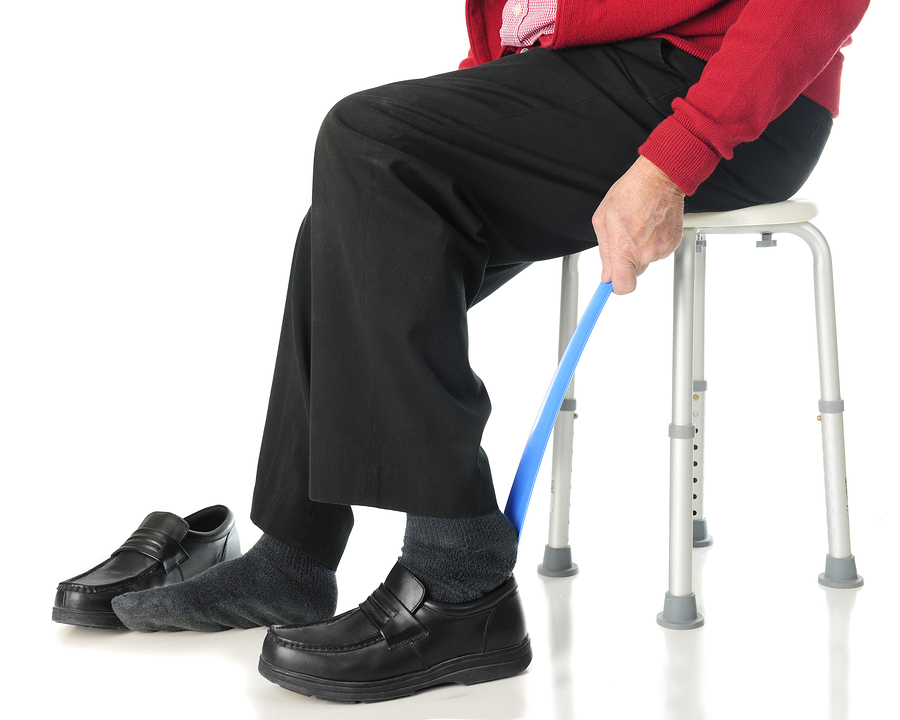Providing care to a family member who has Alzheimer’s disease is one of the most challenging responsibilities that loved ones can face. As the disease progresses, caregivers may feel overwhelmed with the physical and emotional demands. In these situations, short-term care from professionals who specialize in Alzheimer’s care becomes very helpful for both the family and the senior.
Help for Tired Caregivers
Respite care gives family members who are taking care of a senior with Alzheimer’s a much-needed break, even if only for a short time. During these breaks, family caregivers can focus on other responsibilities or simply relax without feeling guilty or worried. While it may seem strange to have someone else caring for a loved one at first, not taking regular breaks can lead to significant issues, such as depression, burnout, and more. By using respite care services, family members return better able to be patient, attentive, and emotionally present for their loved ones.
Care and Engagement at Work
Respite care is beneficial for both the senior and their loved ones. Professional Alzheimer’s care providers who provide respite have been trained to care for those diagnosed with the disease and understand the unique issues that may arise, as well as their needs. They know how to talk to seniors who might be confused, deal with changes in behavior, and ensure the home environment is calm and stress-free.
Professional caregivers can also suggest activities, such as memory exercises, listening to music, art projects, and more to keep the senior engaged. Even better, they can teach family members about these activities as well so they can be used on a regular basis.
Fresh Opportunities for Socialization
Many seniors with Alzheimer’s enjoy the social opportunities that respite care offers, as it gives them someone new to talk to. These conversations can spark memories, lighten the mood, and provide a much-needed breath of fresh air that isn’t possible when communicating with the same people over and over.
Additionally, caregivers trained in Alzheimer’s care might offer suggestions for other socialization opportunities, as well as support groups and resources for family members. Not only that, but they can work with families to address any concerns they may have regarding taking their loved ones out in the community if they are worried about them becoming overwhelmed or wandering.
Building Stronger Relationships
One of the best things about respite care is its ability to strengthen family ties. When family caregivers are constantly worn out and stressed, their relationships with their loved ones can become tense and focused on getting things done. When seniors receive respite care, it puts a pause on buildup feelings and allows both them and their family caregiver a chance to reset. In turn, everyone comes back to the table with more energy and a fresh outlook.
This balance helps keep the emotional link alive and well, which can weaken over time when caring for someone—despite best intentions. Rather than feeling frustrated and overwhelmed about the situation, family members can remember the “why” behind their choice to provide care in the first place.
Incorporating planned respite with caregivers trained in Alzheimer’s care offers a number of benefits for both the seniors and family caregivers, allowing them the chance to reset and enjoy much-needed space before regrouping and starting again.
Sources:
https://www.ncoa.org/article/what-is-respite-care-a-guide-for-caregivers/
https://www.alz.org/help-support/caregiving/care-options/respite-care
https://ltsschoices.aarp.org/resources-and-practices/respite-services-critical-support-for-family-caregivers
If you or an aging loved one is considering Alzheimer’s care in Lafayette, CA, please contact the caring staff at Golden Heart Senior Care of Walnut Creek. (925) 203-3039.

